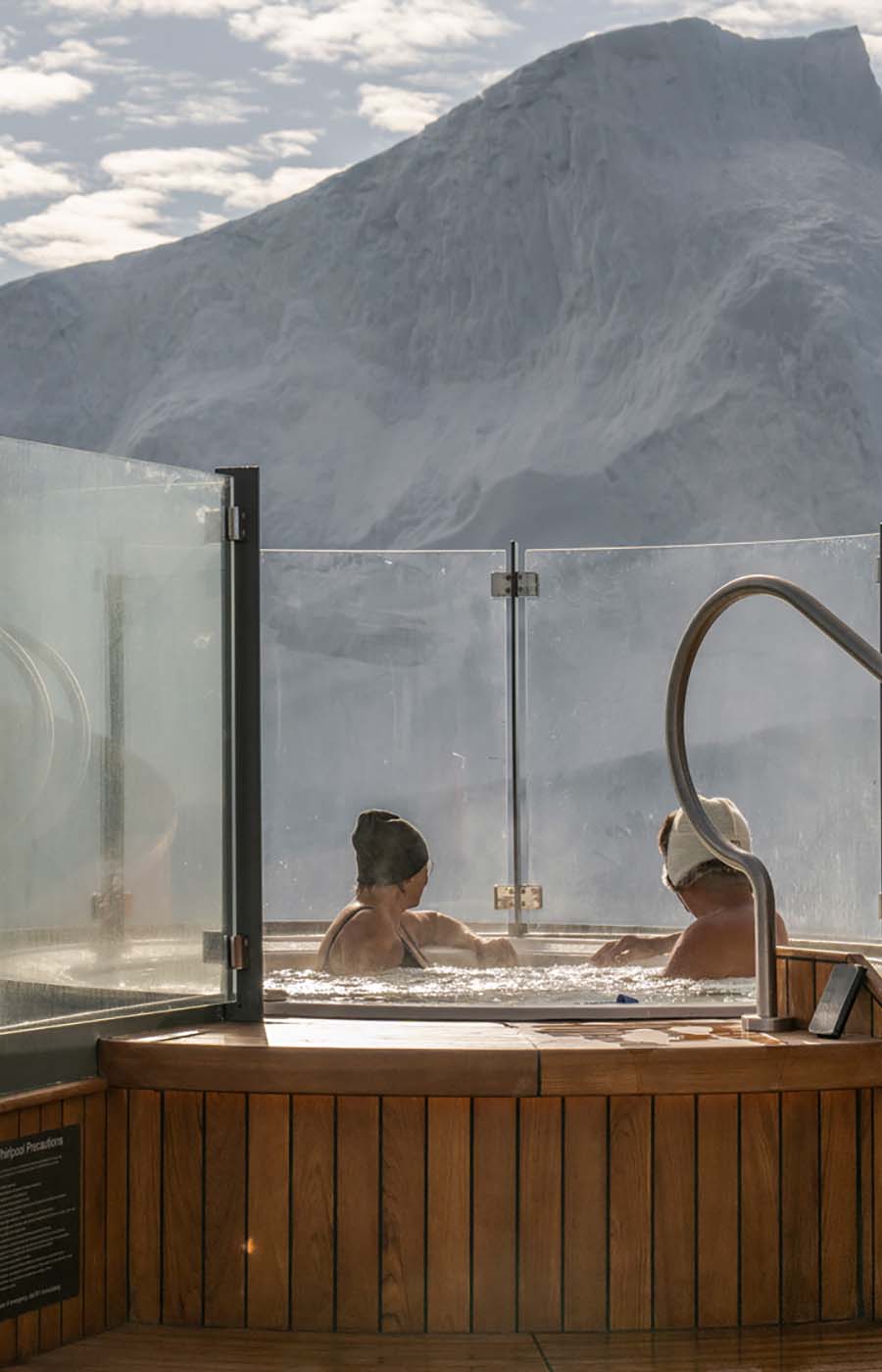Meet the awe-inspiring penguins of Antarctica, South Georgia and the Falkland Islands.
It’s easy to see why everyone adores penguins. After all, these flightless birds, with their upright posture, signature waddle and social nature, are pretty irresistible. For penguin lovers, the Antarctic and the subantarctic Falkland Islands and South Georgia are bucket list worthy. Nowhere else can you see such a jaw-dropping abundance of penguins.
You can’t help but gasp with wonder when you see your first penguins, whether from the ship’s deck or your veranda, or while on an exciting Zodiac® or kayak experience. There are eight unique species of Penguins in Antarctica, the Falklands and South Georgia, and colonies can include hundreds of thousands of birds. A Seabourn ultra-luxury expedition to all three destinations is a once-in-a-lifetime experience, providing the chance to see so many species in their natural habitat in Zodiacs, kayaks, onshore from the ship on expansive decks or from your suite’s private veranda.
The emperor is the heavyweight champion of the penguin world — literally. They are the tallest and heaviest penguin species, standing nearly 120 cm (47 inches) tall and weighing about 40 kg (88 lbs.) The only bird that never sets foot on land, the emperor can be found only in Antarctica. In fact, it is the least common penguin species on that continent, and the least likely to be seen, with only about 200,000 breeding pairs living on remote sea ice.
Emperor penguins have adapted to being able to survive in unthinkable temperatures in the southernmost reaches of the earth — as low as -50 degrees Celsius. They naturally waterproof their bodies with frequent preening that spreads oil from a gland at the base of the tail. Emperor penguins cooperate to keep warm as a group. In fact, when female emperors go in search of food during the breeding cycle, the males stay behind to keep the eggs warm in their special “brood pouch”, while balancing them on their feet.
King penguins share many similarities with emperor penguins, such as a beautiful yellow-orange plumage and large size, but you won’t find king penguin rookeries on Antarctica — they can only be found on warmer subantarctic islands like South Georgia and the Falkland Islands. In South Georgia you will see one of the world’s most exhilarating wildlife scenes: king penguins as far as you can see, all in a stunning landscape, framed by glaciers.
Slightly further north and west, Volunteer Point in the Falkland Islands is home to over 1,200 king penguins — the largest colony in the Falklands— providing a rare opportunity to experience the majestic kings up close.
During “chick season”, king penguin chicks are covered with fluffy brown feathers, which eventually come off to reveal their true appearance: black with a white belly and brilliant orange on their bill, head and chest. The brown chicks — called Oakum Boys — look so different that they were once thought to be a different species altogether.
King penguins are known for their diving ability. They can dive down 100 meters (328 feet) — or up to 300 meters (984 feet) — and stay underwater for over 5 minutes in search of small fish, squid and crustaceans. On land, they move around by walking and “tobogganing” — sliding on ice at a fast speed, using their flippers and feet to propel themselves.
Adélie are the second smallest penguin species in Antarctica, but also the most populous, with approximately 2.5 million pairs on the continent and surrounding islands. Their tiny size, along with white fronts that give them the “formal suit” look, make them adorable to look at.
The breeding season of Adélie penguins is notably short, with mating restricted to a brief period during the brief summer season. The females lay two eggs in mid-November, and both parents alternatively watch over them until they hatch before the end of the year. By mid-February the chicks are at sea.
A wonderful place to see Adélie colonies is along the shores of the Antarctic Sound, an area filled with cathedral-like icebergs and a wide diversity of wildlife including not just penguins, but whales and other sea mammals.
The minute you see a rookery of chinstrap penguins, you know where they got their name: their narrow black facial markings look like black helmet straps. While there is one colony of chinstraps at the southern tip of South Georgia island, most can be found in the colder climate of Antarctica.
Chinstraps are one of the noisiest penguins – and the most aggressive. They are sometimes called "stonebreaker penguins” due to their piercing screech.
Antarctica’s Zavadovski Island is the place to see the largest chinstrap colony in Antarctica — over 1.2 million pars! Another prime viewing spot is on Deception Island’s Baily Head, the prominent rocky headland on the island’s southeastern side. The colony dominates the expansive terrain from the beach to the rolling hills, making for an unforgettable sight.
The gentoo penguin – standing at about 30-35 inches (70-90 cm) —breeds on subantarctic islands including South Georgia and the Falklands, as well as on the Antarctic Peninsula and is one of the most numerous species guests will encounter on an Antarctic Expedition.
Gentoos have bright orange and black bills and a distinctive white patch above their eyes that some say resembles a turban or bonnet, and the longest tail feathers of any penguin species, with long, stiff tail feathers that stick out behind them as they walk.
With their streamlined bodies and flippers, they are the fastest swimmers of any diving bird — swimming up to 22 miles per hour. Gentoos dive up to 600 feet in search of their prey, mainly crustaceans, fish and squid.
There are over 300,000 gentoo penguins worldwide and Antarctica’s Neko Harbor is one of the best viewing spots for gentoos. Upon arrival, you’ll be greeted by a cacophony of penguin sounds from the colony that sprawls from the shoreline to the rocky slopes high above the beach.
This penguin species arguably has the cutest name of all, stemming from “Macaroni Dandies,” an 18th century term for flamboyant dressers. The name seems fitting, considering the macaroni penguin’s dramatic yellow plumage protruding above its eyes.
Beautiful macaroni penguins can be found across the subantarctic islands, on rocks and cliffs above the ocean, where they make shallow nests out of small stones. Colonies can be vast, with as many as 100,000 birds. Their mating season includes colorful and vocal displays meant to attract partners. Aside from their unique look, macaroni penguins stand out for their swimming ability, clocking up to 10,000 kilometers (over 6, 200 miles) per year.
South Georgia Island’s Cooper Bay is one of the most accessible places to see macaroni penguins alongside other penguin species and a wide array of other birds and wildlife.
Like the macaroni, the rockhopper penguin is known for the spiky crests above their red eyes. They are one of the smaller penguin species with adults reaching just about 21 inches (50 cm). The rockhopper is so named because these penguins can hop up steep cliffs seemingly with ease — rather than sliding around ice on their bellies like many other species. But hopping isn’t their only talent; rockhoppers are fast swimmers that can launch themselves from the water onto the shore, landing on their bellies. During their mating season, they climb from the sea to the harsh rocky shores they are so adept at navigating, for a safe spot to breed.
Between their physical characteristics and their climbing ability, rockhoppers are exceedingly popular with visitors. The Falkland Islands hold over a third of the worldwide rockhopper population, and the Falklands’ Steeple Jason is a top rockhopper viewing spot in addition to New Island and West Point Island, with several thousand pairs. If you are lucky enough to see a rockhopper colony, get ready for some loud sounds – they communicate by braying at a high volume.
Named after the explorer Ferdinand Magellan, the Magellanic penguin dwells in burrows around the Falkland Islands coastline in the summertime. The Falklands population of this species is estimated at over 100,000. During winter, they migrate much further north, even reaching Brazil.
With stout gray and black bills and black and white bands on their head, neck and chest, they are quite distinctive looking, but they may be a bit more challenging to see up close because of their shyness when disturbed, Magellanic penguins will retreat into their burrows or the sea. Locals call them “Jackass” penguins because they make a loud braying sound similar to donkeys.
As a guest on an ultra- luxury Seabourn Expedition to Antarctica, South Georgia and The Falkland Islands, you’ll have the rare opportunity to get up close and personal with many of these fascinating penguin species, each encounter in this incredible landscape is one to treasure. It’s just one of the many reasons to visit Earth’s magical final frontier with Seabourn’s world-class expert Expedition Team.
Consider these upcoming voyages:
15-Day Wild South Atlantic & Falkland Islands
DEPARTS: Buenos Aires
ARRIVES: Rio de Janeiro, Brazil
Mar 20, 2026
from $7,649*
Explore Itinerary*Per Person, USD. Taxes and Fees are included. Additional terms apply.
36-Day Wild South Atlantic Expedition & Transatlantic
DEPARTS: Buenos Aires
ARRIVES: Barcelona, Spain
Mar 20, 2026
from $15,299*
Explore Itinerary*Per Person, USD. Taxes and Fees are included. Additional terms apply.
60-Day Labrador Coast, Caribbean, South America & Scotia Arc
DEPARTS: Reykjavik, Iceland
ARRIVES: Buenos Aires
Sep 20, 2026
from $40,034*
Explore Itinerary*Per Person, USD. Taxes and Fees are included. Additional terms apply.
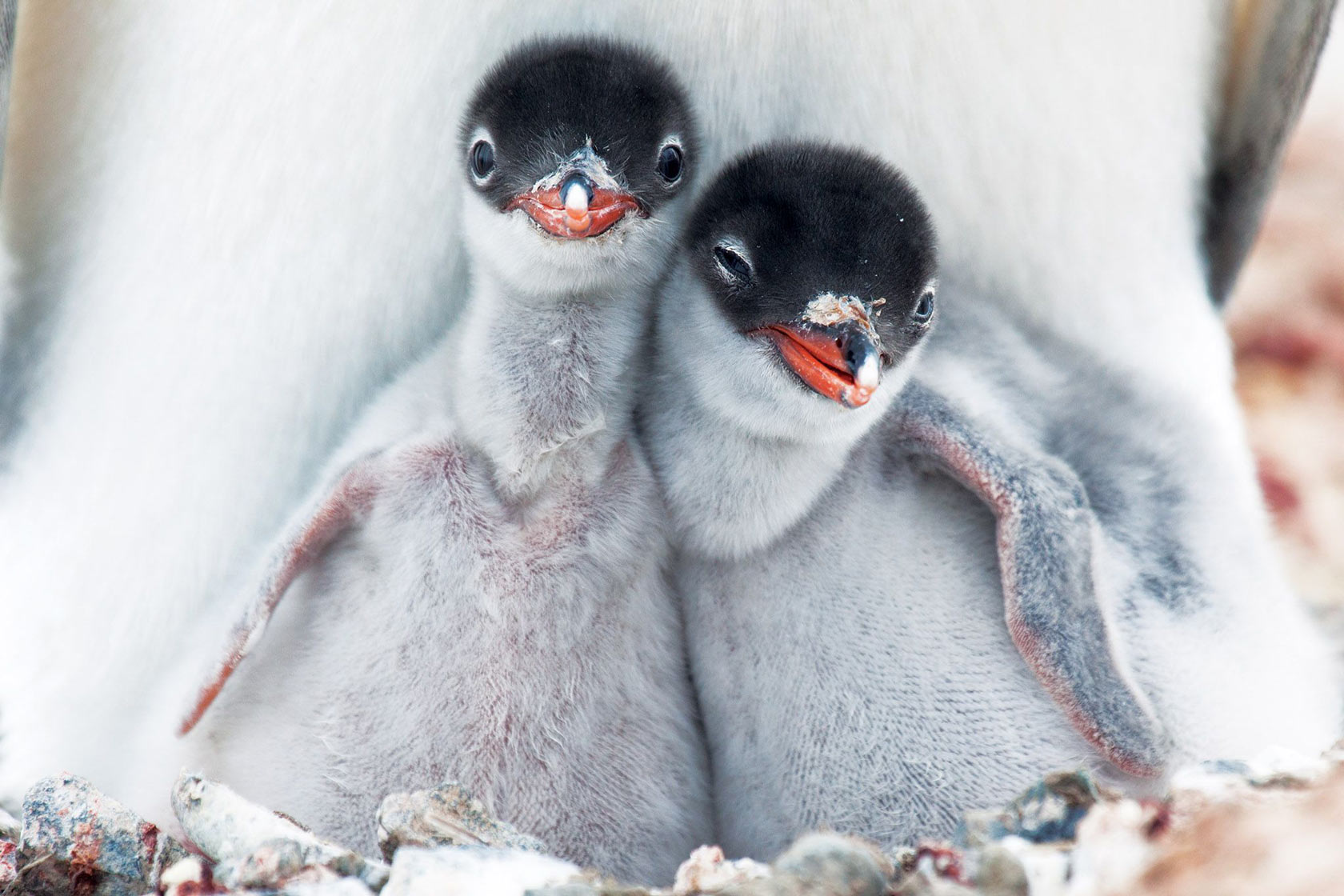 Gentoo Penguin Chicks
Gentoo Penguin Chicks
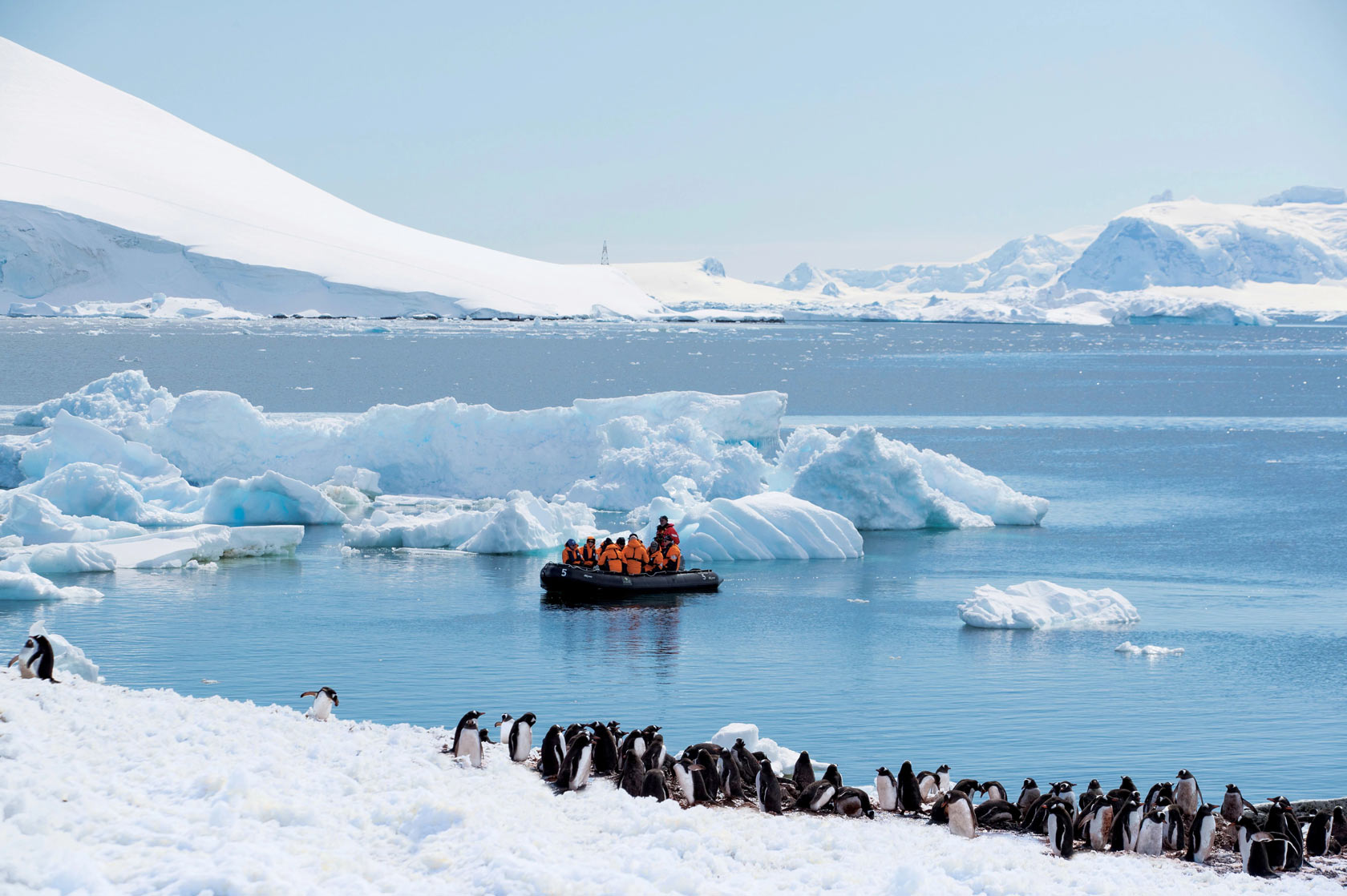 Gentoo Penguin at Zodiac-Landing Site at Paradise Harbor Antarctica
Gentoo Penguin at Zodiac-Landing Site at Paradise Harbor Antarctica
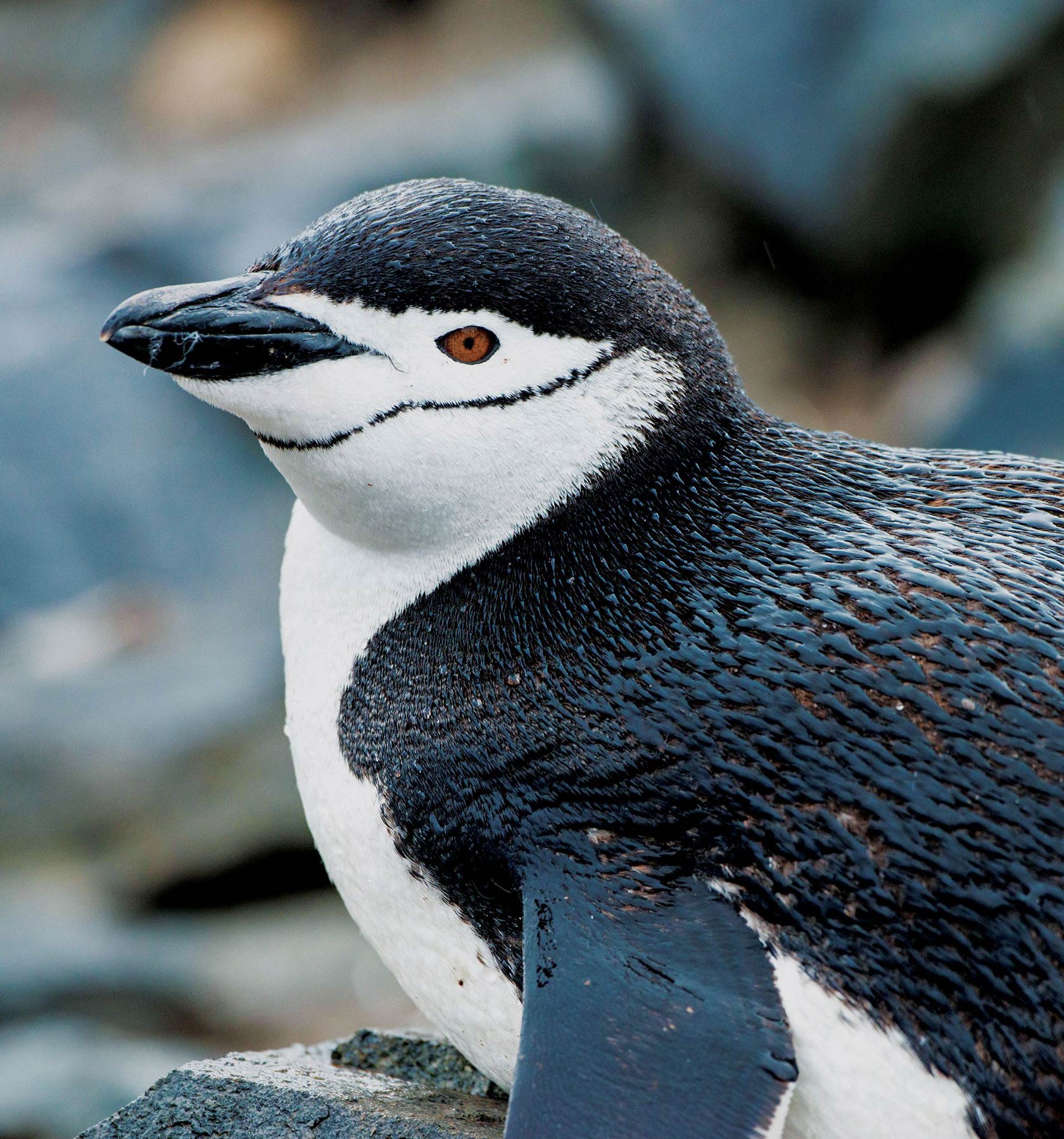 Chinstrap Penguin
Chinstrap Penguin
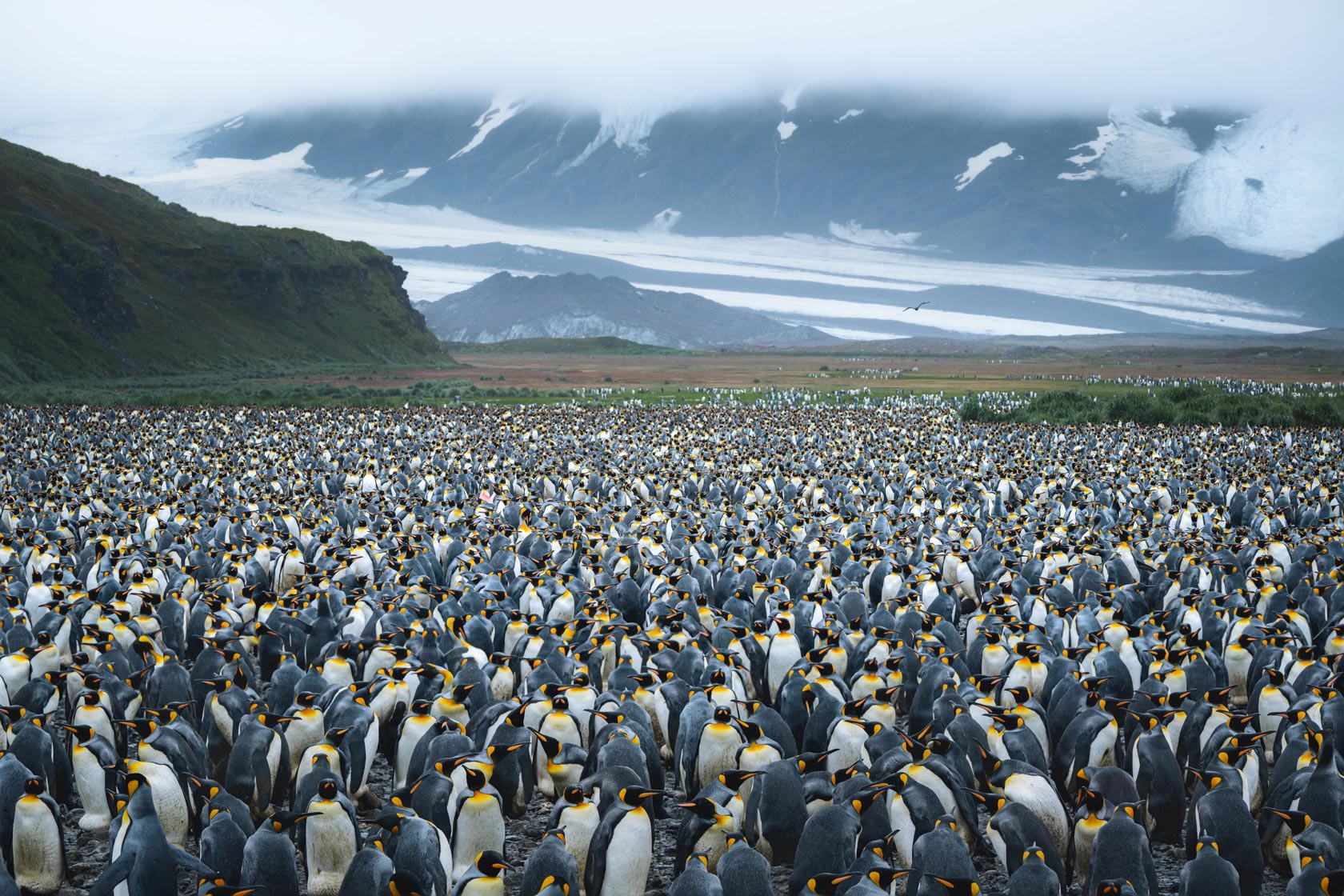 King Penguins at the Valley of the Kings
King Penguins at the Valley of the Kings
Consider these upcoming voyages:
15-Day Wild South Atlantic & Falkland Islands
DEPARTS: Buenos Aires
ARRIVES: Rio de Janeiro, Brazil
Mar 20, 2026
from $7,649*
Explore Itinerary*Per Person, USD. Taxes and Fees are included. Additional terms apply.
36-Day Wild South Atlantic Expedition & Transatlantic
DEPARTS: Buenos Aires
ARRIVES: Barcelona, Spain
Mar 20, 2026
from $15,299*
Explore Itinerary*Per Person, USD. Taxes and Fees are included. Additional terms apply.
60-Day Labrador Coast, Caribbean, South America & Scotia Arc
DEPARTS: Reykjavik, Iceland
ARRIVES: Buenos Aires
Sep 20, 2026
from $40,034*
Explore Itinerary*Per Person, USD. Taxes and Fees are included. Additional terms apply.
Travel to the bottom of the earth for the adventure of a lifetime.
Ever wanted to know what it would be like to get to the end of the world... and then keep going? Book a cruise to The Great White Continent, then tell your friends!
Why exploring the world's most remote destinations is your route to wellbeing.
